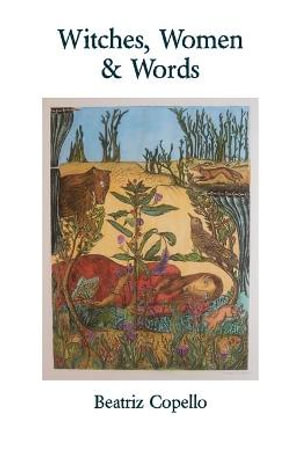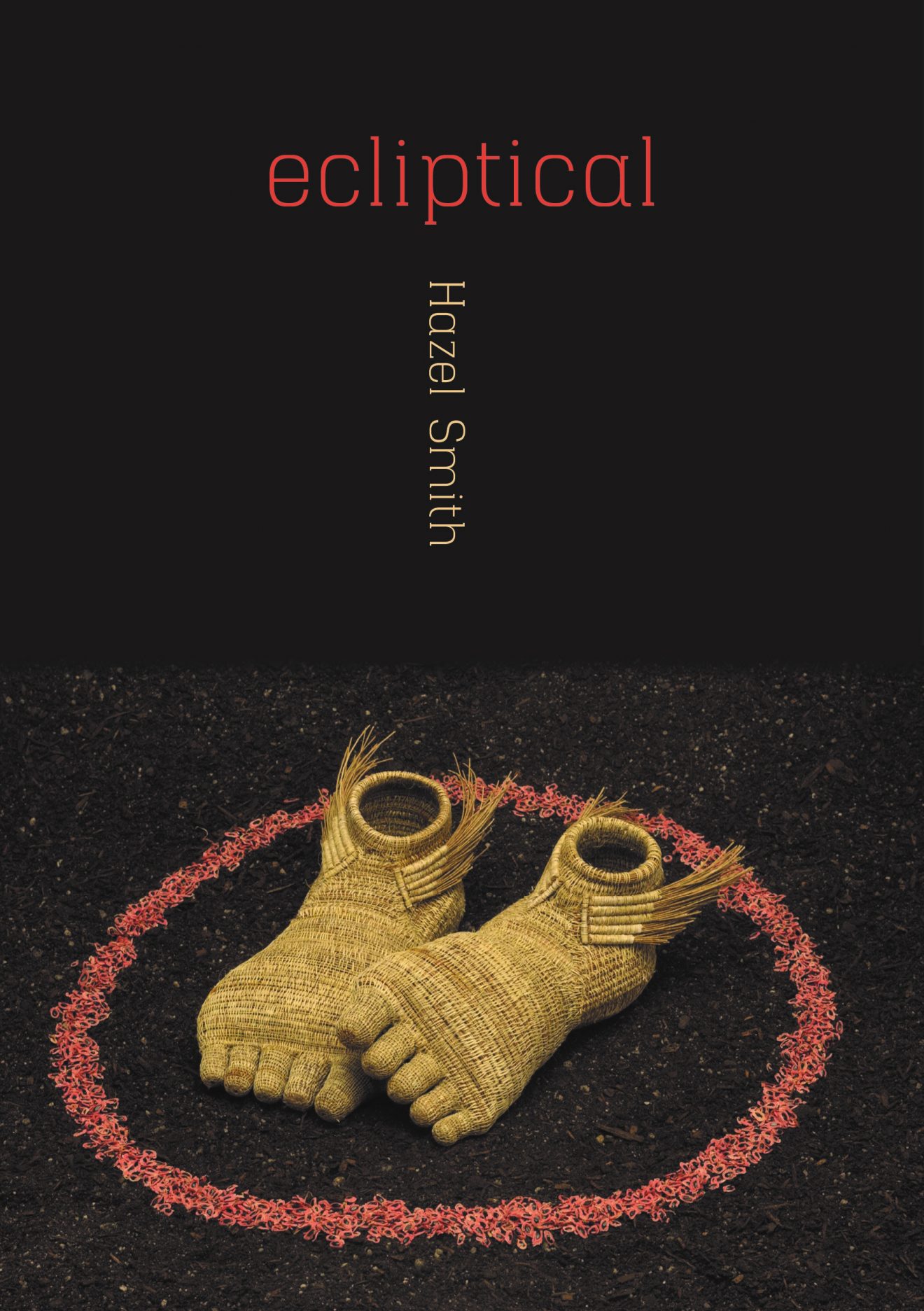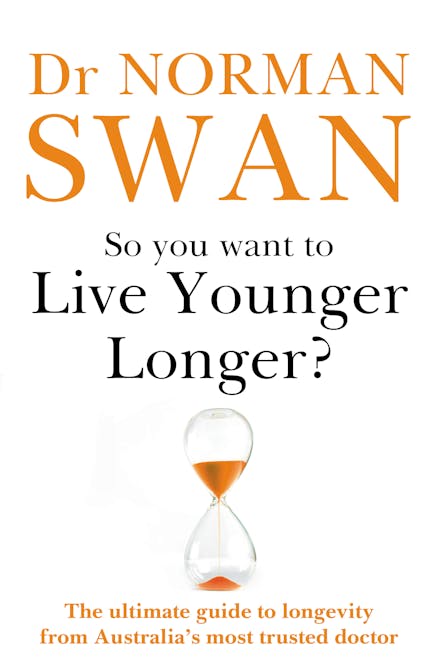 Throughout this collection the poet argues strongly for the rights of women while foregrounding their innate strengths. She reflects on the way the social order, including the church has conspired to oppress the feminine but also finds solace in the natural world, which is seen as women’s true habitat where ‘Mother Earth embraces each and every one’.
Throughout this collection the poet argues strongly for the rights of women while foregrounding their innate strengths. She reflects on the way the social order, including the church has conspired to oppress the feminine but also finds solace in the natural world, which is seen as women’s true habitat where ‘Mother Earth embraces each and every one’.
Category: Book Reviews
Book Reviews
A review of The Air in the Air Behind It by Brandon Rushton
 In Rushton’s book, the theme of liminality sits squarely on the interface between the betwixt and between borders of human states and – for that reason – allows the reader to address some of the critical issues of our times, where the fluidity of identity is considered. In the decisive awareness to explore the possibilities that can emerge out of a willingness to stay with ambiguity, the author creates the opportunity to address some of these issues.
In Rushton’s book, the theme of liminality sits squarely on the interface between the betwixt and between borders of human states and – for that reason – allows the reader to address some of the critical issues of our times, where the fluidity of identity is considered. In the decisive awareness to explore the possibilities that can emerge out of a willingness to stay with ambiguity, the author creates the opportunity to address some of these issues.
A review of Torohill by Donna Reis
 In her new book of poems, Torohill, Reis revisits her past in a very human way that is intensely reflective, sometimes brutally stark, and often quite humorous. If comedy is just the other face of tragedy, then our catharsis lies within the synthesis of both. Reis knows this instinctively and expertly weaves both through her poems. It renders them remarkably touching but not in a saccharin or intentional manner. She allows feelings to vacillate and often startle and surprise us organically and authentically.
In her new book of poems, Torohill, Reis revisits her past in a very human way that is intensely reflective, sometimes brutally stark, and often quite humorous. If comedy is just the other face of tragedy, then our catharsis lies within the synthesis of both. Reis knows this instinctively and expertly weaves both through her poems. It renders them remarkably touching but not in a saccharin or intentional manner. She allows feelings to vacillate and often startle and surprise us organically and authentically.
A review of Ecliptical By Hazel Smith
 Ecliptical is a masterful book, full of smart details that will challenge and stretch the most dedicated of readers, but also dark, playful, often funny and always fun to read. The book is political and engaged with current affairs and events and very serious in the way it confronts violence, loss, inequities, and a wide array of impending ends, but it never takes itself too seriously.
Ecliptical is a masterful book, full of smart details that will challenge and stretch the most dedicated of readers, but also dark, playful, often funny and always fun to read. The book is political and engaged with current affairs and events and very serious in the way it confronts violence, loss, inequities, and a wide array of impending ends, but it never takes itself too seriously.
A review of Nothing But Light by Barbara Schwartz and Krista J.H. Leahy
 Nothing But Light teems with characters such as Eve and Gaia, Judy Chicago and Hilma Klint woven into this tapestry of feminine wholeness, a wholeness that embraces rather than excludes. I love the power and playfulness of these poems that center the physical within the context of spiritual questing.
Nothing But Light teems with characters such as Eve and Gaia, Judy Chicago and Hilma Klint woven into this tapestry of feminine wholeness, a wholeness that embraces rather than excludes. I love the power and playfulness of these poems that center the physical within the context of spiritual questing.
Stronger Than Fear: Poems of Empowerment, Compassion, and Social Justice edited by Carol Alexander and Stephen Massimilla
 As the title Stronger than Fear suggests, the book wishes to raise spirits for justice rather than fight it out on the streets or the courtrooms, which is where most, but not all, social justice works itself out. It’s a valiant effort to tilt at windmills. (How many times have poets reminded us that poetry does nothing?).
As the title Stronger than Fear suggests, the book wishes to raise spirits for justice rather than fight it out on the streets or the courtrooms, which is where most, but not all, social justice works itself out. It’s a valiant effort to tilt at windmills. (How many times have poets reminded us that poetry does nothing?).
Ascent into Blue: a review of Mist in Their Eyes by William Doreski
 For its imagery, lyricism and thought “Absolute Pine,” a very human poem really, is a fitting conclusion to this collection that is serious and funny, fraught with gloom and light, and good lines in memorable poems about people, places and things. A collection of poems in the distinct voice of a poet at the height of his skills.
For its imagery, lyricism and thought “Absolute Pine,” a very human poem really, is a fitting conclusion to this collection that is serious and funny, fraught with gloom and light, and good lines in memorable poems about people, places and things. A collection of poems in the distinct voice of a poet at the height of his skills.
Figurative in Forms: A review of The Fickle Pendulum by Paul Scully
 Scully’s The Fickle Pendulum is moody, joyous and dedicated to abstraction. It is an artist’s tome, a compendium for illustrating ideas or painting religious psalms and a reader’s banquet. As the title suggests, there is no route to follow in the inside pages because, like life, it is cyclic.
Scully’s The Fickle Pendulum is moody, joyous and dedicated to abstraction. It is an artist’s tome, a compendium for illustrating ideas or painting religious psalms and a reader’s banquet. As the title suggests, there is no route to follow in the inside pages because, like life, it is cyclic.
A review of The Lantern Room by Chloe Honum
 It would be foolish to start this review by saying these are the most beautiful poems I have ever read, but they are beautiful. From the first infinitely delicate poem where on the eve of turning thirteen, in a revelatory Paul of Tarsus moment, Honum discovers an angel of poetry whose ancient “mottled language” she will now speak, through all the book’s poems that look closely at and identify with small creatures, including butterflies, luna moths, hornets, sparrows, spiders, and sorrows, these are beautiful poems.
It would be foolish to start this review by saying these are the most beautiful poems I have ever read, but they are beautiful. From the first infinitely delicate poem where on the eve of turning thirteen, in a revelatory Paul of Tarsus moment, Honum discovers an angel of poetry whose ancient “mottled language” she will now speak, through all the book’s poems that look closely at and identify with small creatures, including butterflies, luna moths, hornets, sparrows, spiders, and sorrows, these are beautiful poems.
A review of So You Want to Live Younger Longer by Dr Norman Swan
 This is a book about enjoying your life with as much vigour and health as possible by making better lifestyle choice, not about living forever through a rich-person only, ageism that requires collagen injections, placental transfusions or high colonics (even if they are the secret to Keith Richards’ longevity). Of course ageing well is a privilege. Financial security along with access to high quality food makes all the difference.
This is a book about enjoying your life with as much vigour and health as possible by making better lifestyle choice, not about living forever through a rich-person only, ageism that requires collagen injections, placental transfusions or high colonics (even if they are the secret to Keith Richards’ longevity). Of course ageing well is a privilege. Financial security along with access to high quality food makes all the difference.